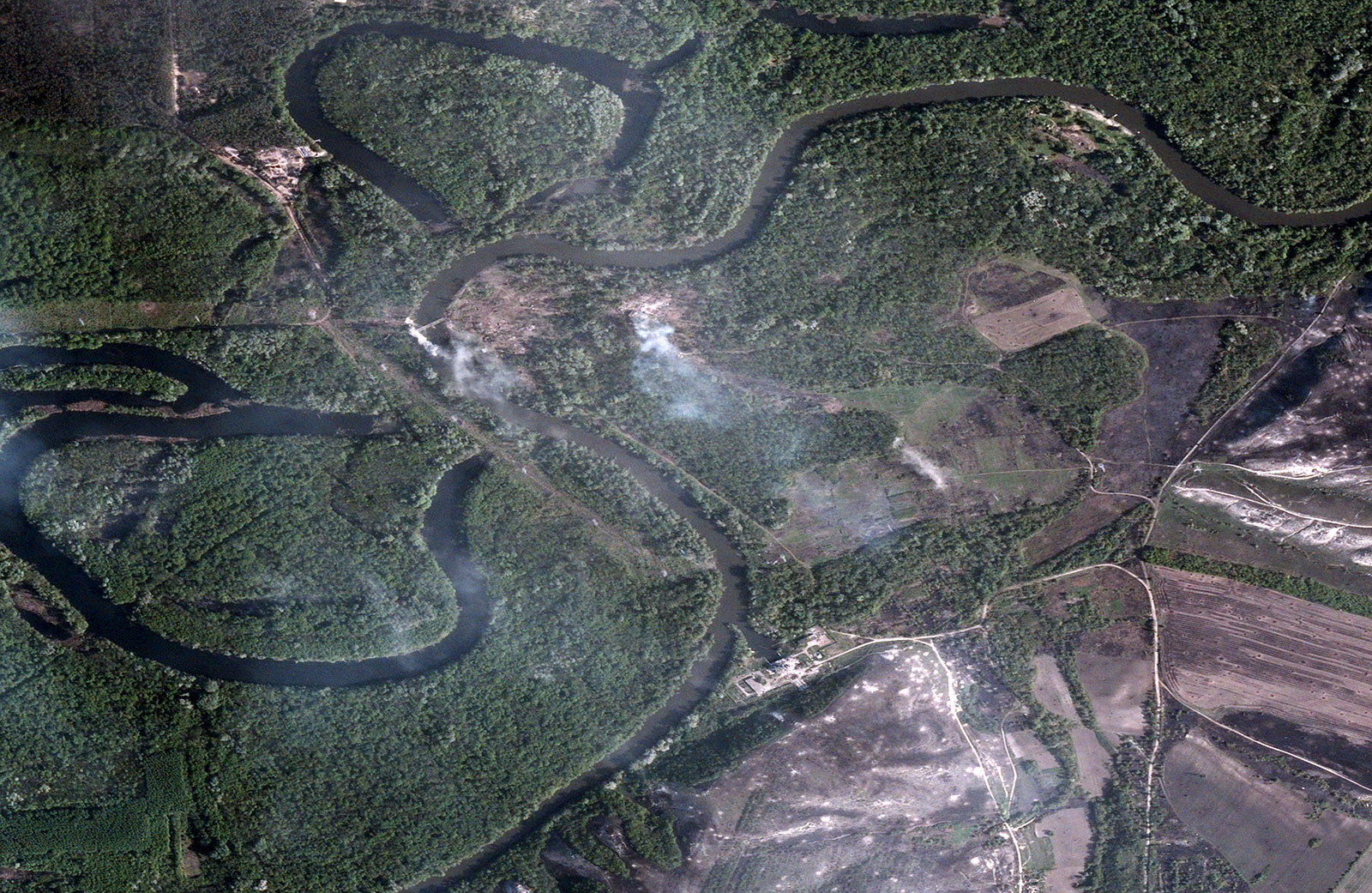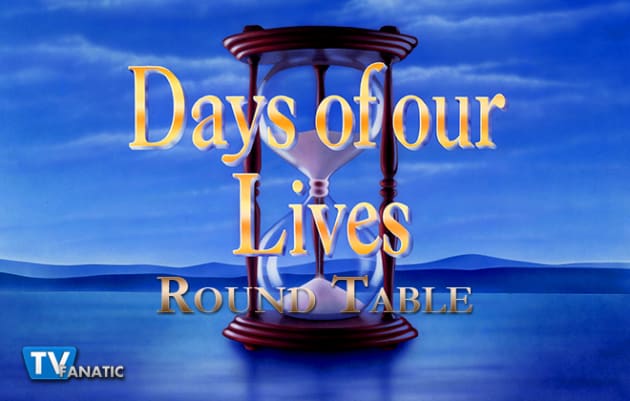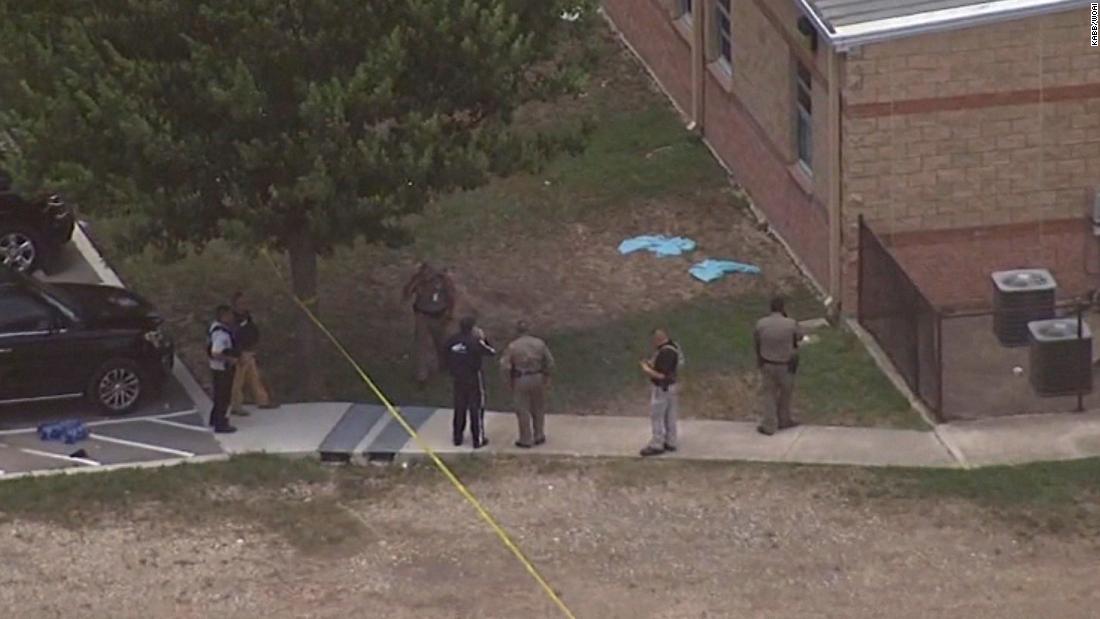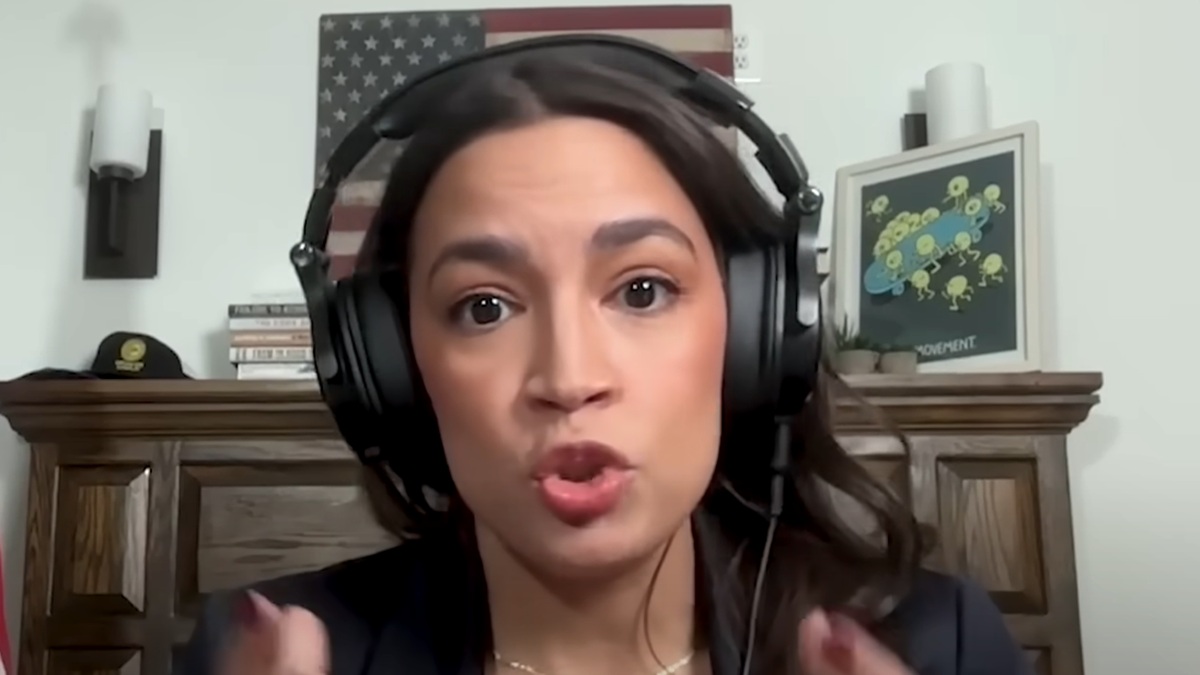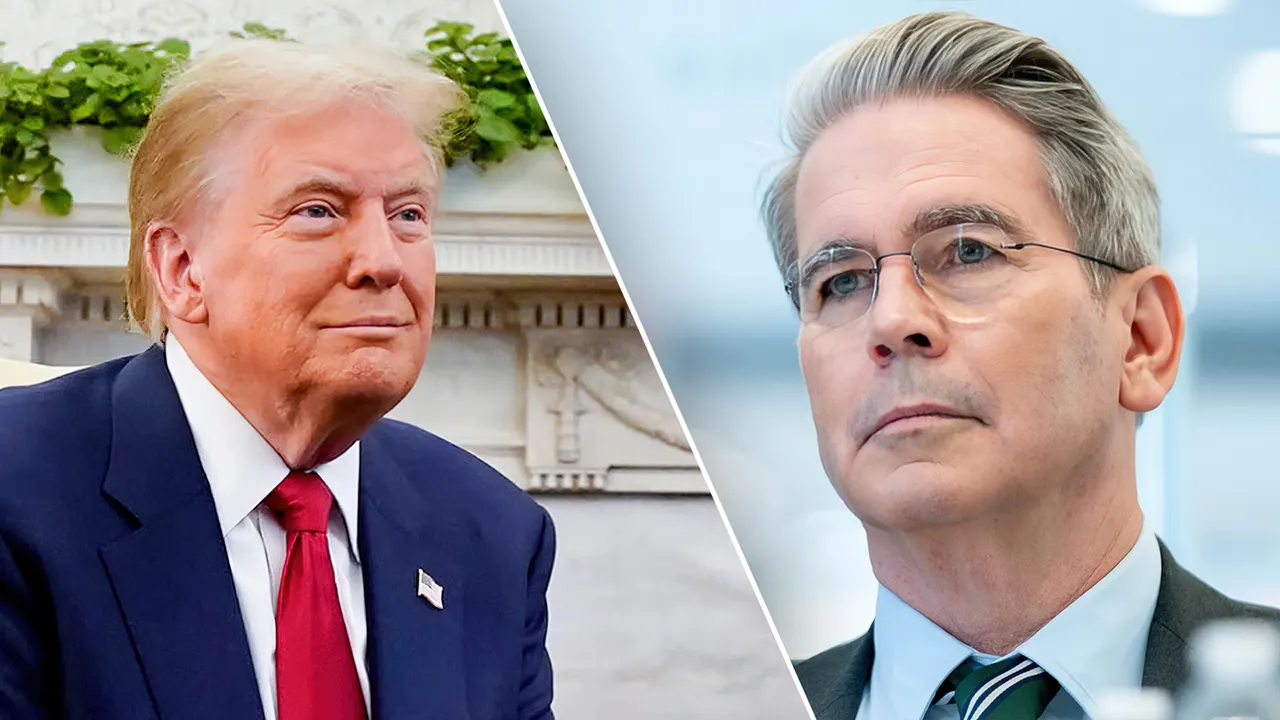Having won the Camera d’Or for best debut feature in Cannes in 2018 for Girl, the story of a young trans woman who wants to dance on pointe with the other girls, director Lukas Dhont returns to the Croisette with competition entrant Close. This heart-crushing but emotionally rich story was described simply in advance publicity and loglines as a film about adolescent friendship and responsibility, revolving around two 13-year-old boy besties (Gustave De Waele and Eden Dambrine) whose intense bond is tested when they start secondary school.
However, as audiences at Cannes discovered with shock, Dhont’s layered, exquisitely shot work, which covers a whole year of changing seasons, is about so much more: betrayal, shame, denial, love and eventually healing and growth. Given the capricious unpredictability of juries, it may come away with nothing in Cannes but it will definitely be a serious contender at festivals and awards ceremonies going forward — and likely have a massive impact on the careers of Dhont, several of his crew, and the film’s young stars, especially Dambrine.
Close
The Bottom Line
A tender heartbreaker with a stunning lead turn.
When listing the cast members, the credits for Close run through the major players and then throw up the title card reading “and introducing Eden Dambrine,” as if confidently announcing this young man will be making many more films after this. Let’s hope that’s true, because the photogenic star gives a gob-smacking performance, one that really looks like it’s the product of the actor’s own skill, not just the result of good direction, editing and masses of takes. Which is not to take anything away from the editing or direction, especially given how well Dhont proved he could work with young people in Girl.
But Dhont elicits a very different performance here, one no less physical than Victor Polster’s turn as an aspiring ballerina. Dambrine is called on to sprint, bicycle and play soccer and ice hockey for long stretches of screen time, seemingly as tireless as any kid his age. Yet it’s his moments of stillness where his natural thespian talent shines brightest, in scenes where his Leo simply reacts to conversations, what he sees across a room or the sound of music. If anyone wants to make a YouTube supercut of great scenes where actors just listen to music silently and emote, this film has passages where Dambrine’s flickering expression would easily hold its own up against Nicole Kidman at the opera in Birth, Timothée Chalamet in the final shot of Call Me By Your Name and Adele Haenel listening to Vivaldi in Portrait of a Lady on Fire.
I am elevating Dambrine here more than De Waele, who also gives a knockout performance as Leo’s best friend, Remi. Readers who don’t want to know more should stop reading now because it’s impossible to praise this film’s achievement without “spoiling” a key plot point that unfolds about a third of the way in. We’re grown-up film lovers here, and knowing what happens doesn’t actually “spoil” the movie; this is not an Agatha Christie whodunnit. In many ways, being aware of what’s coming might enrich the experience, as well as serve as a trigger warning for readers and viewers especially sensitive about certain topics.
So here’s the thing: It doesn’t look like at first, but this is really a film about suicide and guilt. When the film starts, Leo and Remi, said to have been best friends since forever, have one of those passionate, profound bonds that only happen in childhood. They’re presexual, like a pair of young puppies, at ease laying their heads on one another’s shoulders, sitting close enough to touch, or even spooning together in bed as they would with a brother or parent.
When they start school with a new peer group, their peers notice this intimacy, remark on it and some ask, with only a modicum of homophobia politely disguised as curiosity, if they’re a couple. They’re not, but Leo senses trouble ahead, that this might lead to bullying or at least social exclusion. Nothing is ever said out loud, but there’s just the faintest whiff of a sense that maybe he has felt, on his own part or on Remi’s, or even both, that there is a physical attraction there between them. He starts avoiding physical contact between them at school and then also when they’re alone, which leads to a bedroom wrestling bout that goes just a little too far one morning. He befriends another boy and takes up ice hockey, even though he’s not terribly good at
Remi doesn’t understand, or maybe he does and that’s even worse. Either way, he doesn’t show up for a class outing to the seaside one autumn morning, and by the time the school bus is pulling into the parking lot, everyone’s parents are there to meet them, ready to escort them to the assembly hall to learn tragic news. Leo works out just from looking at his mother’s (Lea Drucker) face that something is wrong, before she even says the wrenching words that Remi “isn’t with us anymore.”
The rest of the film is essentially about how Leo copes with this devastating shock, which at first he can’t even acknowledge, let alone reveal that deep down he suspects his own treatment of Remi led to his friend’s death. Time passes in the rural Belgian town where the action takes place, and the change of seasons means it’s time to throw away, with somewhat heavy-handed symbolism, all the pompom dahlia flower heads Leo’s farming family can’t sell anymore and then dig up the tubers.
Throwing himself into hockey, helping on the flower farm, and exploring his new friendship circle, Leo slowly works through all five of Elisabeth Kubler-Ross’ five stages of grief, and a few more besides — including the stage where he keeps trying to come see Remi’s grieving mother Sophie (Emilie Dequenne), but can’t say any of the things he needs to say to her.
Dhont and his team know just how to turn up the emotional dials with stunning magic-hour lensing that gives golden-haired Dambrine a halo of backlit suffering as he stands in fields of nodding dahlias, that most gloriously domestic and benevolent flower. On top of that, an achingly plangent background score from Valentin Hadjadj, all strings and oboe (the instrument Remi had been learning), sighs in a minor key.
If one were to be really nit-picky, the film might have done with just a little less observation of Leo playing ice hockey, Leo sitting in class, Leo looking happy and then secretly sad for a moment. But then it’s hard not to enjoy watching Dambrine expand his range as his character — and presumably the real actor himself, getting taller as the film goes on — grows up.
It’s just on the bring of overkill, except that Dhont keeps the brakes on just enough by making his protagonist too frightened of his own feelings to even speak, so any therapy-speak clichés we hear are in the mouths of other characters who barely knew Remi. Those who truly loved him find themselves crying at the oddest moments — for example his father (Kevin Janssens), who suddenly loses it while having dinner with Leo’s family and talking about ordinary things in the future Remi will never experience. That’s the stuff that will pierce viewers’ hearts, especially anyone who has lost someone to suicide or is just a parent or even ever had a friend.




















































